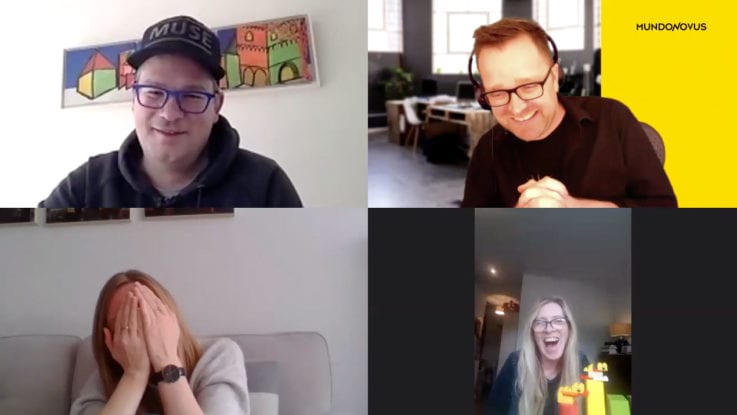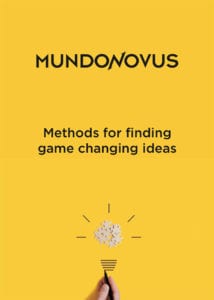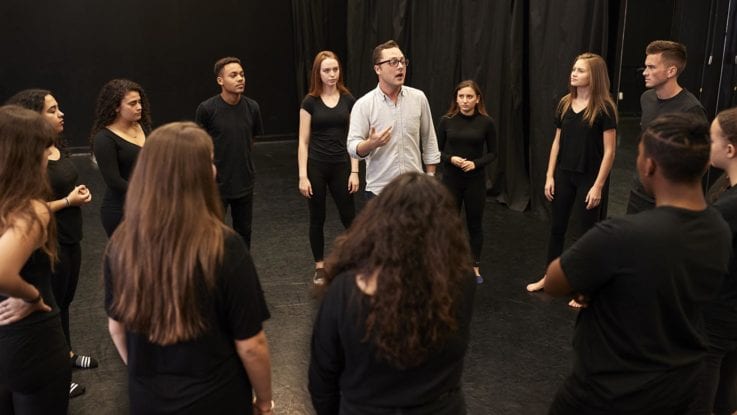What might happen if…?
This is a question that can scare most managers into inaction. But it is a powerful question that, when treated the right way, can lead to deep insights and an ability to prepare multiple strategies, uniquely formed for a specific scenario.
Praemonitus, praemunitus.
To be forewarned is to be forearmed.
Let’s play games
What if we could find deep insights by playing some games. We can all do this, we are Homo Ludens, we are born to play and it helps us to learn our first language by learning to use our mouths, throats and diaphragm to make sounds and words. There is no barrier to entry and we can concentrate on offering our unique insights.
Playing games allows us to level the playing field of our organisational structures in order to gain the maximum amount of insight. We can use game structures to:
- Hear from everyone in the room;
- Uncover deep insights that might not be obvious to everyone;
- Explore concepts, ideas and scenarios;
- Develop plans for varying eventualities;
- Stand outside our roles, organisations and environments to gain other perspectives;
- Break out of our habitual thinking and find truly new ideas and new structures to best support them.
Would you like to play a game?
– Joshua – War Games – 1983
License to wander
Games give us the license to allow our minds to wander into spaces we might not ordinarily go. As mentioned above we can break out of our habitual thinking and encourage scenarios to be explored that might not occur to us in our day to day work mindset. Further to this, we can test our assumptions in an environment where failure does not cost us too much.
There is a reason the military play out war games. Testing assumptions and scenarios allow strategies to be created to rectify poor assumptions and mitigate against scenarios that could cost us dearly if we are blind to them before they occur.
This article in the Boston Globe details how a group of political operatives, former government and military officials, and academics got together to play out various scenarios for the upcoming US election. According to the journalist who wrote the article, the games did not go well. According to Rosa Brooks, a Georgetown law professor and former Defense Department official who co-organised the group of 80 contributors to the games:
All of our scenarios ended in both street-level violence and political impasse
Admittedly this does suggest looming disaster, but the games can only be considered a success as by understanding the possible scenarios ahead of any one of them occurring we can begin to shape strategies to mitigate against them. We can develop a playbook or better understand the future of our products or services this way and use this knowledge and insight and the strategies to improve them.
Imagine being seen as the most prescient organisation within your industry or sector. Using games we can be seen as the Steve Jobs and Apple of whatever we do by gaining all of the advantages listed above.
Human minds are plug-and-play devices. They’re not meant to be used alone. They’re meant to be used in networks.
– Professor James Gee – American researcher
Get in touch with us and we can co-create new strategies that can help your organisation be ready for whatever the world throws at it. Let’s play!








